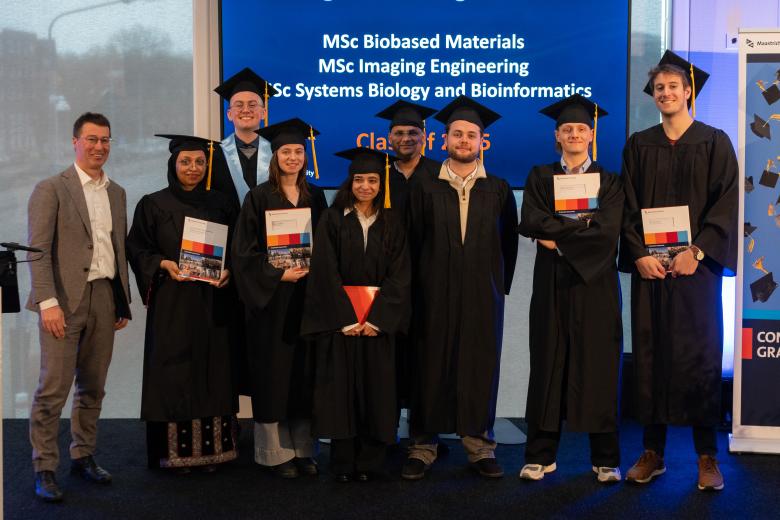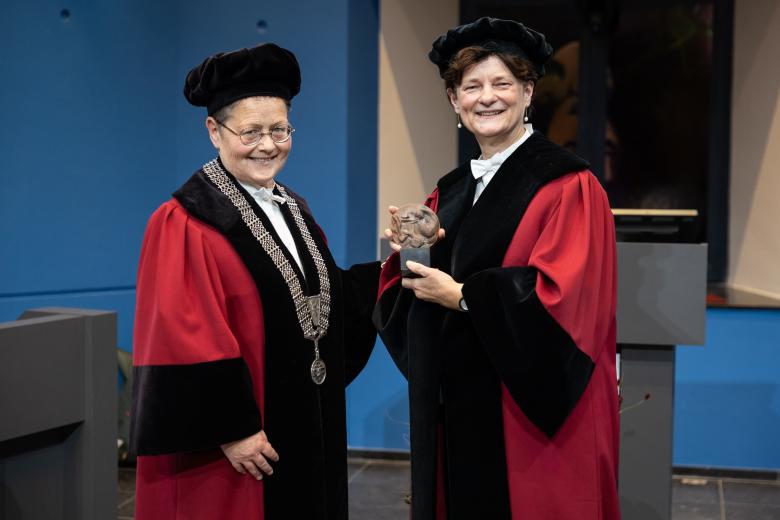International research collaboration aims to personalise prevention and treatment of cardiovascular diseases
33 leading international partners, supported by the Innovative Health Initiative (IHI), have teamed up to launch the research consortium iCARE4CVD to better understand cardiovascular disease and optimise future prevention and treatment. By creating one database consisting of data from more than 1 million patients and using artificial intelligence, partners will look for new strategies to shift from a one-size-fits-all approach to personalised care.
The international public-private research consortium iCARE4CVD (individualised care from early risk of cardiovascular disease to established heart failure) has launched to better understand cardiovascular disease and optimise future prevention and treatment. The consortium brings together 33 leading international partners from civil society, academia and industry, and is lead and coordinated by Maastricht University and global healthcare company Novo Nordisk.
Cardiovascular disease is very prevalent worldwide with enormous socio-economic impact. It is still the most common cause of death, despite significant advances in therapy. Due to population ageing and unhealthy lifestyle, the number of Europeans suffering from CVD currently exceeds 85 million and is still on the rise. This underscores the critical need for better care pathways to reduce the impact of CVD.
“As doctors we are mostly bound to a one-size-fits-all approach while treating our patients with CVD. Our mission however, within iCARE4CVD, is to personalise diagnosis and management of CVD to improve both outcome and patient satisfaction. We will achieve this by collecting data of more than 1 million subjects in a federated database, analysing them using artificial intelligence (AI) and prospectively validating personalized treatments during the second half of iCARE4CVD,” said Prof Hans-Peter Brunner-La Rocca, coordinator of iCARE4CVD and cardiologist at Maastricht University and Maastricht University Medical Center+ (Maastricht UMC+).
To improve patient outcomes, iCARE4CVD aims to improve four aspects of current care:
1) Early diagnosis and classification into clinically meaningful subgroups
2) Risk stratification defining urgency for intervention
3) Prediction of individual treatment response
4) Inclusion of outcomes based on patient perspectives
“CVD encompasses a range of intricate, chronic conditions, with atherosclerosis being the most prevalent. Many questions remain about why some individuals with risk factors develop CVD while others do not, and how CVD progresses to more severe stages. iCARE4CVD represents a significant stride towards a deeper comprehension of CVD and the customization of interventions at each stage, catering to individual needs much more effectively” said Prof Kees Hovingh, Senior Medical Officer and iCARE4CVD Scientific Leader at Novo Nordisk.
The voices of people at risk for and those currently living with CVD will be at the heart of iCARE4CVD during the entire project, by using patients’ insights, opinions and wishes. They will help to translate the findings into a more patient-centric and equitable narrative around CVD and its multiple impacts on individuals from both a social and medical perspective.
iCARE4CVD will also investigate health outcomes in people with type 1 diabetes at risk of developing CVD, explains Dr Jeanette Soderberg, Director at JDRF. “With the help of such a large European collaboration, we will investigate the impact of novel therapies typically used in type 2 diabetes on clinically important outcomes in the traditionally underappreciated but growing population of type 1 diabetes at risk. With the help of biomarkers, we will also be able to determine who’s in most need for such intervention,”.
iCARE4CVD has been granted €22 million in funding from the Innovative Health Initiative (IHI) - a joint undertaking of the European Commission and the European life science industry. The project officially kicked off its activities across Europe in October 2023 and will run until 31 March 2028.
Read more: Maastricht researchers develop platform
Also read
-
Green school playgrounds boost concentration and wellbeing
Children at schools with green playgrounds are better able to concentrate and display more social behaviour. This is the conclusion of a follow-up study within the long-running project The Healthy Primary School of the Future .
-
Ron Heeren appointed fellow of the Netherlands Academy of Engineering
Professor Ron Heeren, distinguished university professor at Maastricht University (UM) and director of the Maastricht MultiModal Molecular Imaging Institute (M4i), was appointed as a fellow of the Netherlands Academy of Engineering (NAE) on Thursday 11 December.
-
Prof. dr. Mirjam oude Egbrink awarded MUMC+-medal
During her farewell lecture on Friday, 28 November, Prof. Mirjam Oude Egbrink was awarded the MUMC+ medal by Dean Annemie Schols for her distinguished career.